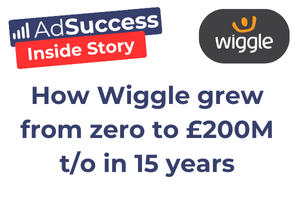How Wiggle grew from zero to £200m turnover in 15 years
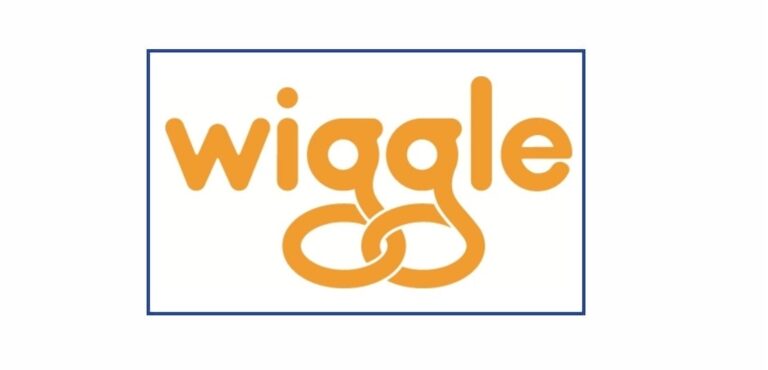
Chapter 1: Wiggle 1999-2007 - The ‘beginning’.
Summary:
- 1999 to 2007 – from zero to £12m turnover
- The sale of 42% of the business to Livingbridge LLP (formerly ISIS LLP) for £12.3m.
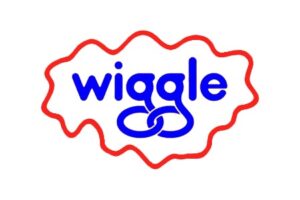
Since this blog post was first published on the internet in 2017, Wiggle has experienced a deeply troubling and sad period during 2023-24. With its administration, significant job losses, and a brand-only buyout by the Fraser Group, the future of Wiggle is still uncertain. However, there was a time when Wiggle was a success story, and things were very different.
Here is that story….
Back in 1999, when your browser was Netscape and your internet connection was a dial-up, Wiggle sold anything and everything. They sold fine wines to walkie-talkies and from solar eclipse glasses to contraceptives in a market trader fashion. Wiggle’s founders, Mitch Dall and Harvey Jones, did not know what they wanted to sell, they just needed a brand name which would not limit market choice.
At the time, Mule.co.uk and Wiggle.co.uk were available domain names. They chose ‘Wiggle’.
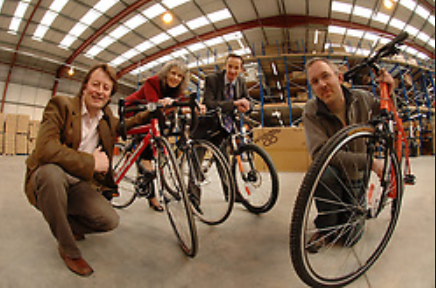
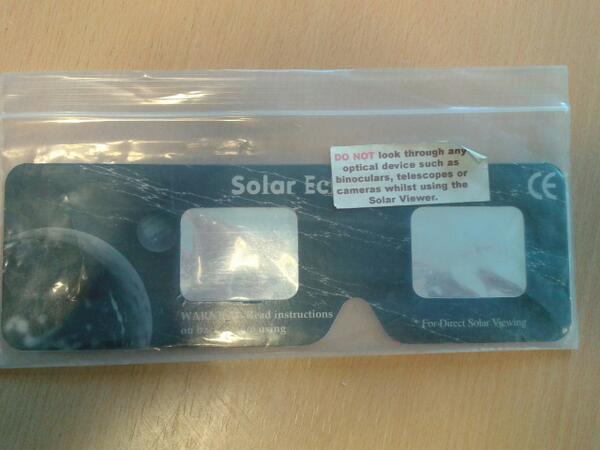
Mitch Dall bought a flat in Portsmouth, as a buy-to-let investment. Below the flat was a cycle shop, Butler Cycles, which came as part of the purchase. A comical, life-changing moment, came when someone suggest to Mitch why doesn’t he sell bicycle inner tubes online along with the condoms, as they are both made of rubber! Indeed, bike inner tubes soon became the most successful line of the many unrelated products on the website.
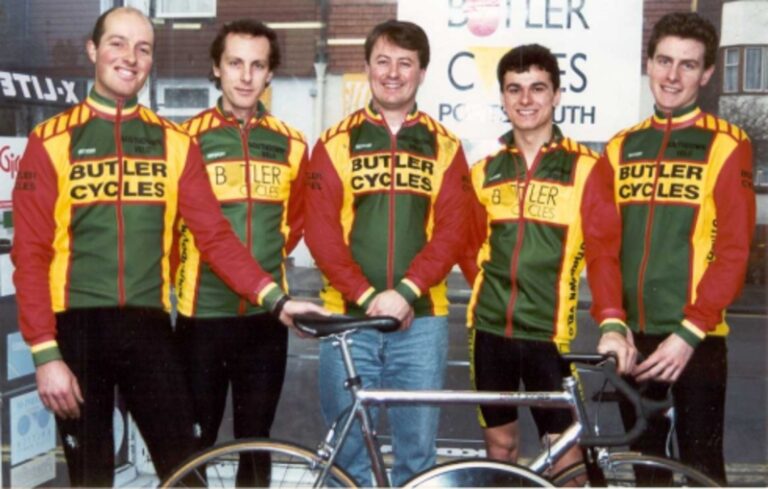
Mitch and Harvey latched onto this growth opportunity by hiring Paul Bolwell, from Gill, a marine clothing company. Paul proceeded to rapidly increase the breath and range of available cycling products – Wiggle the online cycling retailer was born.
Before the phrase ‘customer first’ became commonplace, Mitch and Harvey were building a business that put legendary customer service at the core of the offering with huge discounts, free delivery, no quibble returns and even free Haribo sweets in every order.
“The philosophy of the business was important. We always said that it should be the kind of business we would use if we were customers.” Harvey Jones
Wiggle quickly acquired a loyal following amongst the cycling fraternity and sales skyrocketed, way beyond the founders’ original £1m turnover dream.
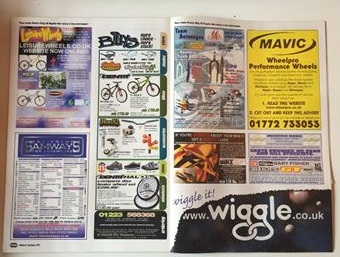
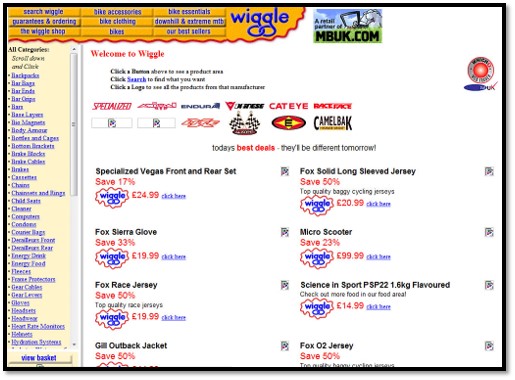
By 2006, Wiggle, now with all staff based out of a local Portsmouth warehouse, was turning over £12m and LivingBridge (then ISIS) bought a 42% stake. LivingBridge began to professionalise the management team, with the hiring of David Cox as Chairman, Andreas Panteli as FD, and the promotion of Paul Bolwell to Merchandising Director.
In June 2007, Dean Maskell (AdSuccess’ co-founder), joined Wiggle as their Pay-Per-Click Executive – with the mission of opening up the Google potential – adding 2m keywords and rapidly increasing yearly PPC sales.
The keys to Wiggle’s success 1999-2007 were:
- The founders focusing on cycle, run, swim and not branching out to other sports
- The founders understanding their limits and recruiting outside help
- Super customer focus – offers, fast, free delivery, quirky Wiggle brand and Haribo sweets!
- A young, energetic, close-knit team – all diligently working on their own mission
- A perfect storm was brewing – Tour de France started in the UK in 2007, a nation starting to become health conscious and online shopping migration
- Technology (the internet) is competitive advantage and Google was an untapped cost-effective channel
- The development of the dhb, own brand
“Our ‘own brand’ product strategy has also been a big success. It began when Mitch and I met a Chinese sunglass supplier at a show and bought 500 ‘unbranded’ pairs of tinted cycling glasses. But before we put them on sale, we wanted to brand them, so we created dhb.” Paul Bolwell
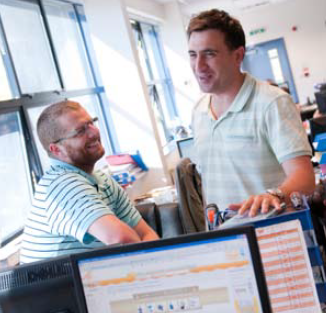
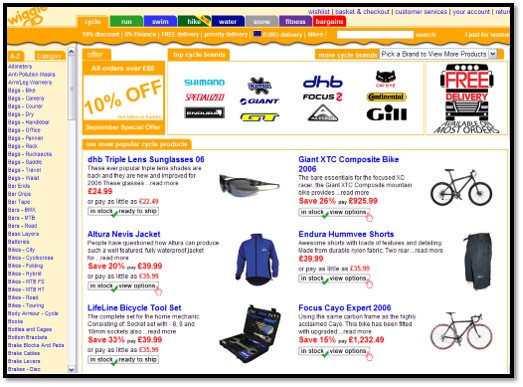
A rising tide raises all boats; some boats were beginning to bump into each other. However, the good old ship, ‘Wiggle’, was strongly and confidently sailing on to foreign lands. [1] https://www.quoteinvestigator.com/2014/05/04/adapt/
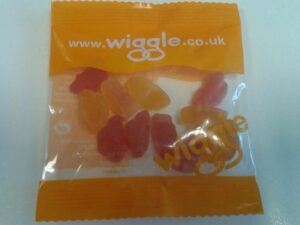
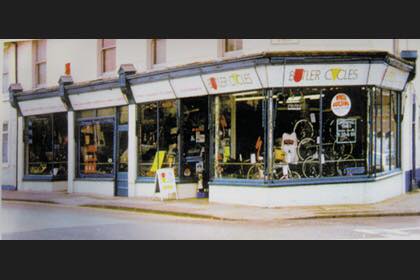
Chapter 2: Wiggle 2007-2012 - Search engine, international growth and ‘charging to the sounds of the guns’
Summary:
- 2007 to 2012: £12m to £120m,
- 2009 – debt funded buyout of Mitch Dall 25% shareholder (Livingbridge 42% to 67%),
- 2012 Livingbridge sold Wiggle to Bridgepoint LLP for £180m,
- 2012 Wiggle Retail Week Award Pure-Player of the Year
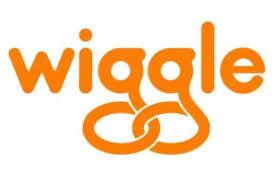
In June 2007, Dean Maskell (AdSuccess’ co-founder) joined Wiggle as a Pay-Per-Click (PPC) Executive – young and keen to impress. “I had a gut feeling the Google search engine could make a huge difference. But I never in a million years could have predicted the life changing, wonderful journey I and many others were about to embark on.”
Dean’s first day began with building his own desk and setting up his computer so he could start work. Afterwards he went to report to one of the founders (Harvey Jones) for his briefing. Harvey said “Dean, you can spend as much as you like as long as you bring Wiggle £20 return on every £1 you spent” [meeting over]. Harvey returned to his favourite spot, the sofa at the end of the office for a mid-morning power-nap.
That was it, no other instructions or guidance. There was no one else at Wiggle that knew anything about PPCs. Having effectively no boss and a clear, no-nonsense goal was absolutely perfect for Dean.
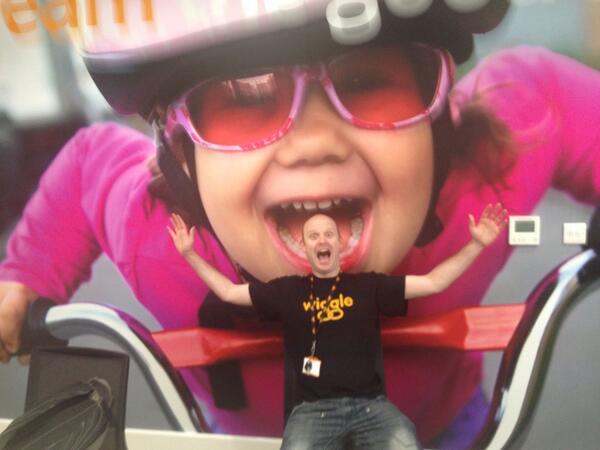
Dean Maskell came up with the simple strategy, set all keyword bids at £1, add as many cycling keywords as possible and make adjustments to keep within the ROI. He bought as many cycling magazines, books as he could find. He mapped out a campaign / keyword structure and spent literally every working day for 1.5 years adding keyword after keyword. Taking the number of keywords from a few thousand to millions. With Wiggle having a no. 1 Google position for virtually every single keyword – Wiggle owned the search engine cycle space!
All the Google post-pay invoices were addressed to Dean, “I was running out of company credit cards in the early days. I was spending money so fast, that Google high command noticed, and I was invited to their exclusive Zeitgeist event in 2008″.
Among the 120+ attendees were Google’s owners Larry and Sergey, Chad Hurley – the founder of YouTube, UK Prime Minister – Gordon Brown and Dean Maskell originally from Paulsgrove council estate, Portsmouth (“I felt I couldn’t put PPC Executive on my name badge – so I just wrote “Wiggle Marketing” “).
Wiggle’s online marketing spend went, well UP.
From c. £80K (2006) to £250K (2007), £600K (2008), £1.3M (2009), £2M (2010), £3.2M (2011), alongside traffic and sales. Dean: “It was unreal at times.”
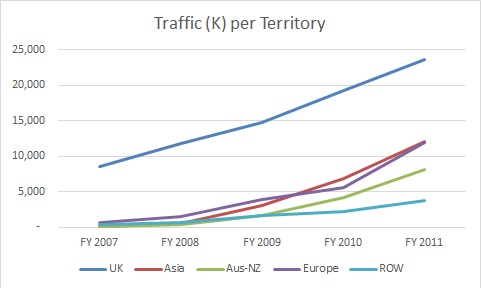
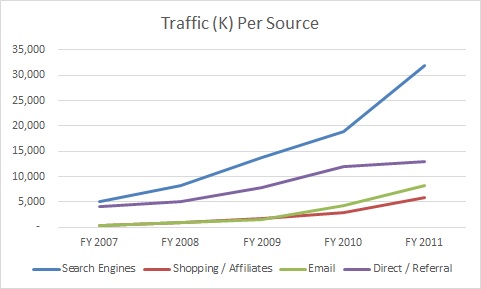
There were so many other great people at Wiggle. There was Steve Mills, who every single day was working out how he could increase the website conversion rate to process all the new traffic. Then there was Scott Millett, who was having to build I.T. systems to support this phenomenal growth. There was Nick Pink, busy organising extra warehouse capacity to store and ship out all the thousands of product deliveries each day.
Basically, as Humphrey Cobbold (a future CEO) said years later – Wiggle were effectively “Charging to sound of the guns” – finding opportunities, capitalising on them before the competition. Everyone at the company wanted to be the best they could be.

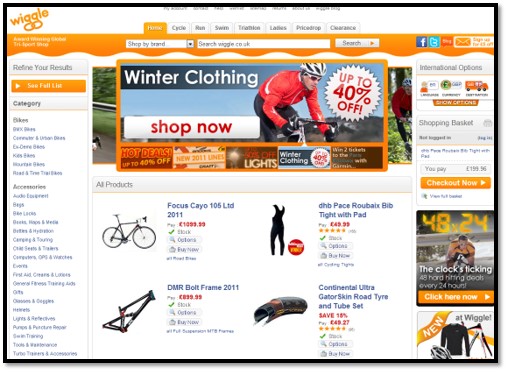
Now, Wiggle weren’t demi ‘retail’ gods (lol), above isn’t the whole truth. There is no doubt, Wiggle had great people and everyone did a lot of great things much faster than anyone else that got us to the front of the pack. But in reality, Wiggle had a tail wind blowing a gust into its sails.
The UK cycling industry was absolutely flying off the back of the 2007 Tour de France starting in London, the eight gold medals won by the GB cycling team at the 2008 Beijing Olympics, the 2012 Olympics in London, and of course Bradley Wiggins and then Chris Froome winning the Tour de France. In addition, the UK Government and media were heavily promoting health and fitness drives, cycle-to-work schemes and much more besides. Lastly, there was a huge migration from offline to online shopping behaviour.
Dean’s role was to keep Wiggle top of the search engines and the traffic just kept on increasing year after year, after year.

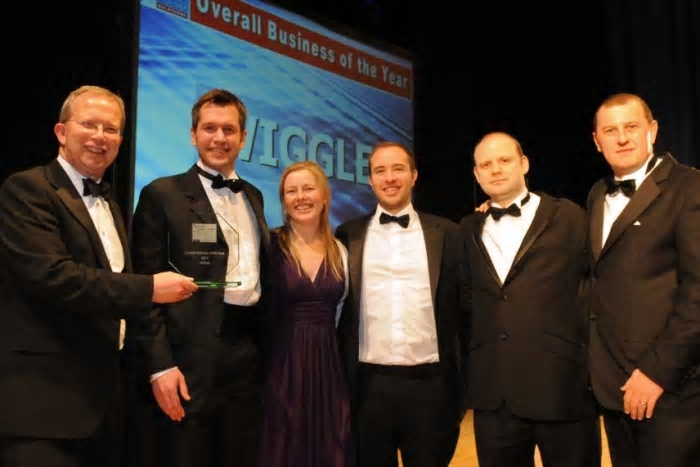
And then the global recession hit, which changed Wiggle from a sole domestic proposition to a world market disruptor. The perfect storm was brewing with Wiggle about to hit the foreign cash jackpot.
During 2008 to 2010 the pound’s trade weighted value fell by 20%. And the Japanese yen strength nearly doubled relative to Sterling (£1.00 bought 4.3 Yen instead of 8.2) and the Australia $ strengthened by 40% too (£1.00 bought 1.5 $AU instead for 2.5).
The public and even small retailers could now buy from Wiggle (and Chain Reaction and European sites) at less than the wholesale costs from Japanese and Australian distributors. UK and European internet sales rocketed. (Japanese and Australian distributors were badly damaged).

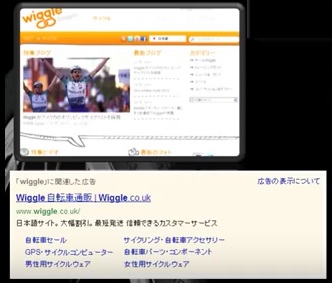
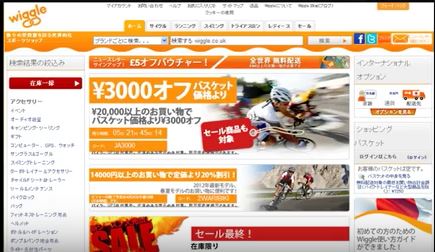
After allowing overseas customers to shop on Wiggle.co.uk, we were taken aback with Japan, as sales jumped to £1M a month within 3 months of flicking the switch.
Dean continued to fully embrace the ‘charge to the sound of guns’ mantra again, by using online translator tool Babel Fish to write PPCs in Japanese and setting up Japanese affiliates networks. Dean also started the process to hire Wiggle’s first international team of comprising native Japanese, German and Spanish speakers.
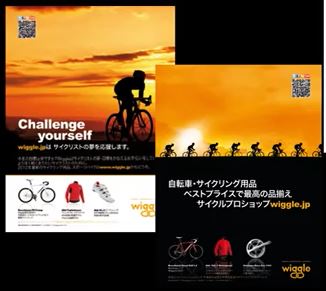
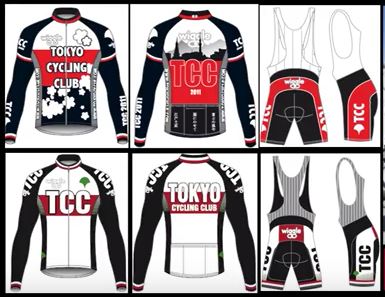
To continue the growth, Wiggle recruited Humphrey Cobbold as CEO in November 2009 just as the business posted a record £55m in sales. Whereas overseas customers had been buying from the English website (Wiggle.co.uk) up till now, Wiggle started to ramp up the overseas offering:
- In 2007, 2% of Wiggle revenue was from overseas, to 60% in 2011
- Sales were in 90+ countries
- 12 local websites with the appropriate local domain name were created
- 10 languages – English, French, Spanish, Dutch, Portuguese, Italian, German, Japanese, Chinese and Russian
- Responding to over 35K customer service email p/m, in 9 languages
- 7 localised payment methods e.g. IDeal in Holland
- Localised operations e.g. returns in Spain, servicing in Australia
- Local regionalised marketing including press, TV and presence at events
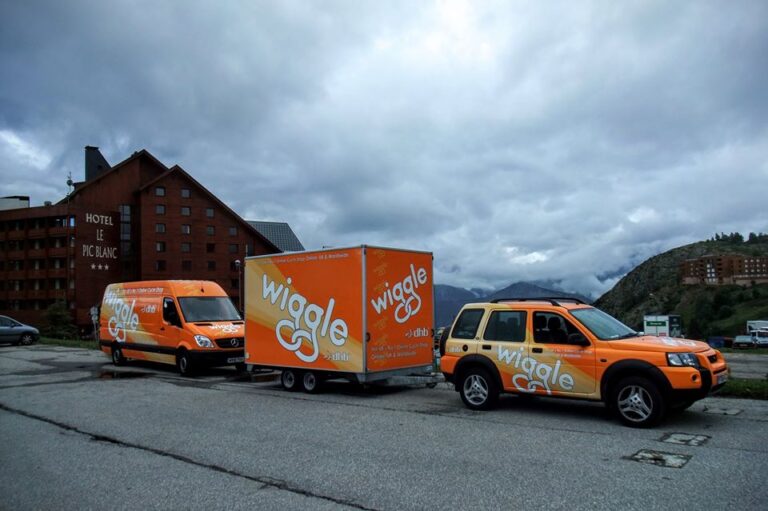
In business it is key to know when to cash-out your chips and head to the sun.
In 2011, Livingbridge ran a sale process for Bridgepoint. In August they hired Andy Bond (the former CEO of Asda UK) as Chairman to help that process [4]. The sale of Wiggle was a hotly contested auction, concluding in November with the sale to Bridgepoint LLP for an eye watering £180m.
From originally sending out parcels from Mitch’s kitchen to a £180M valuation in 13 crazy years.
The question was, could the profit growth continue?
- [1] https://www.poundsterlinglive.com/bank-of-england-spot/historical-effective-exchange-rates/eerspots/GBP-history#charts
- [2] https://www.ofx.com/en-nz/forex-news/historical-exchange-rates/ (select Yen)
- [3] https://www.ofx.com/en-nz/forex-news/historical-exchange-rates/ (select $AU)
- [4] http://www.cyclingweekly.com/news/latest-news/cycling-asda-boss-joins-wiggle-58021
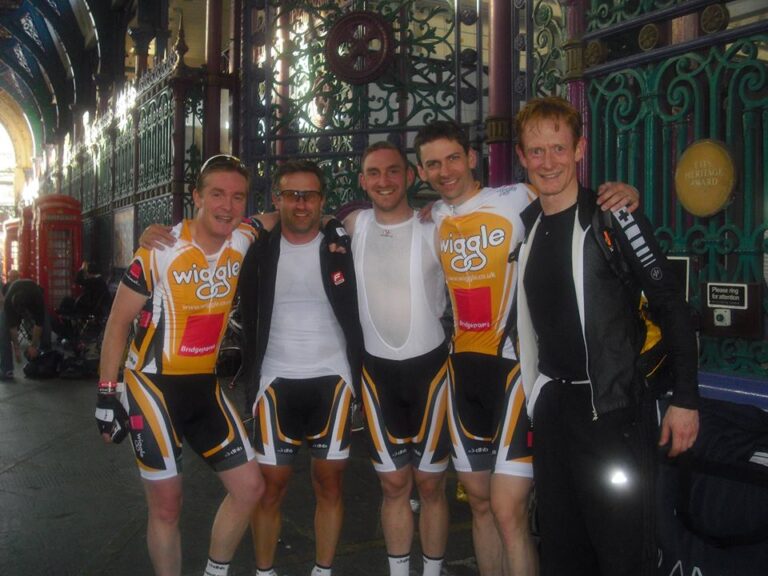
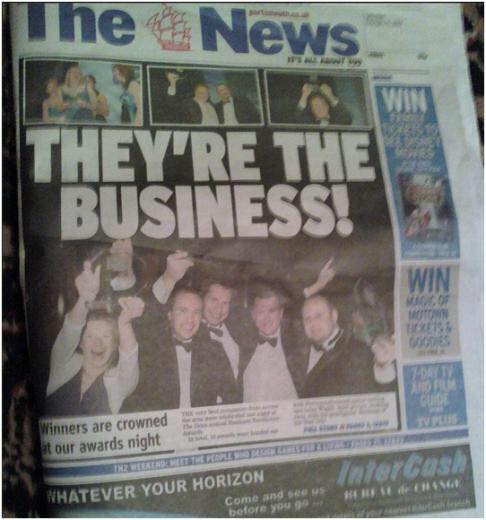
Chapter 3: 2012-2015 -
Understanding ‘Economic Gravity’ and the value of marginal economics – t/o £120m to £200m
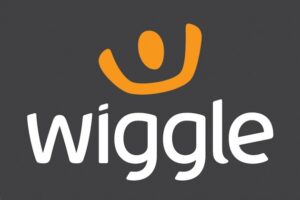
2012 was an incredible year for Wiggle and British cycling with Bradley Wiggins becoming the first Briton to win the Tour de France, shortly followed by 19 (15 golds, 2 silvers and 2 bronze) British cycling medals at the London 2012 Summer Olympics. Wiggle’s traffic, sales and profits continued to soar.
Then in 2013, it all changed, as the pound started to rapidly strengthen against all of Wiggle’s 3 main currencies; the Australian Dollar, Japanese Yen and Euro. For two years the pound continued to strengthen, which eroded all previous overseas pricing advantages and created a significant sales and margin headwind on international sales for Wiggle and all UK based online retailers.

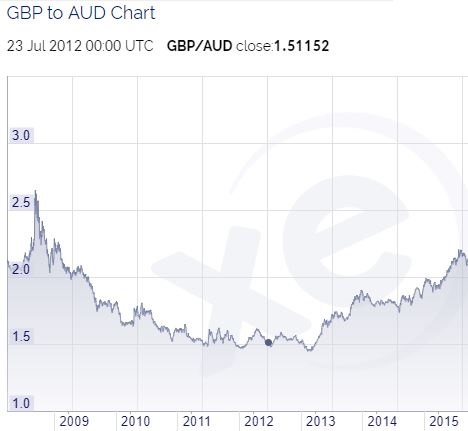
In September 2013, Humphrey Cobbold stepped down and Stefan Barden (former CEO of Northern Foods and former CEO of Heinz UK & Ireland) took over.
Bridgepoint wanted to take Wiggle to be an international platform capable of turning over £1bn. Stefan’s plan was to deliver this by expanding the management team, sharpen the brand and consumer experience, put in a minimal structure to allow delegation and drive its cost base to be the lowest in the industry.
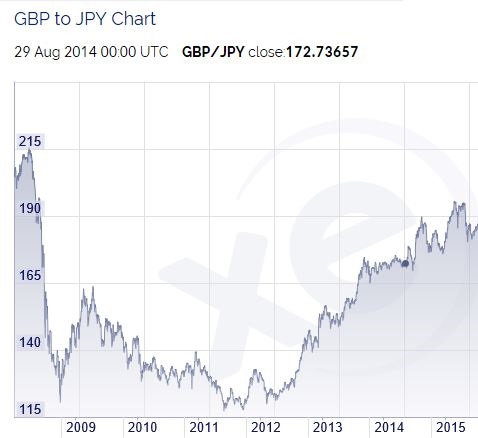
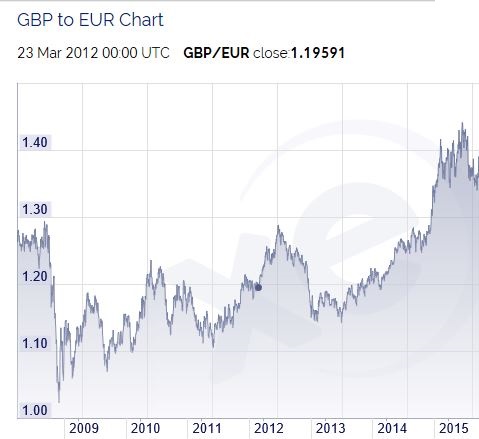
In 2013, Stefan and Andy Bond (Wiggle’s chairman) realised that the strengthening pound would lead to a shake up in the UK industry and that margins would fall to the point when the marginal players were losing money. Hence a shakeout would occur. Industry margin would fall to the cost difference between the lowest cost and highest costs players, as the higher costs businesses would be pushed to 0% margin as they went bust. (Or sold themselves). Hence the industry winner would be the definitive lowest cost player. For Wiggle to be that player it had to become no.1 in size and aggressively leverage its scale and scope synergies to take out costs.
But before that the proposition had to be honed: Scale only comes with increasing sales!
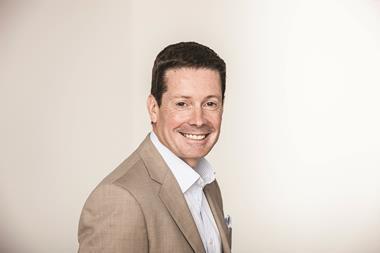
- The brand moved from being ‘The emporium of everything’ to being ‘For the Good Stuff’.
- This focused the whole company on getting what was ‘hot’ into the company and onto the website.
- Rather than what brands wanted to off-load – generally last year’s stock.
- Improved service, including:
- Product ‘not in stock’ taken off the website
- All language sites now 100% fully translated (no English left on them)
- All key 11 countries to have all major payment types
- All delivers tracked for free
- A ‘Never Beaten On Price guarantee (if we had the best product and service; we had to also give our loyal customers the best price in the market)
- This promise was backed up by uniquely developed in-house industry leading price scrapping capabilities
- Refreshed brand (the fantastic work of Rachel Moffatt and Adam Ryan) to communicate this ‘best in class offering, including a new web-site.
The website moved from 65th in the Which? annual comprehensive UK ecommerce review to joint 4th with Amazon
Wiggle’s game-changing strategy was energetically delivered by Mike Snell (Commercial Director), Rachel Moffatt (Brand Director), Nicholas Pink (Operations Director). Mark Dermody (I.T Director) and then Jeff Wollen (I.T. Director) delivered the IT systems upgrade. Plus the many great managers and execs reporting to them.
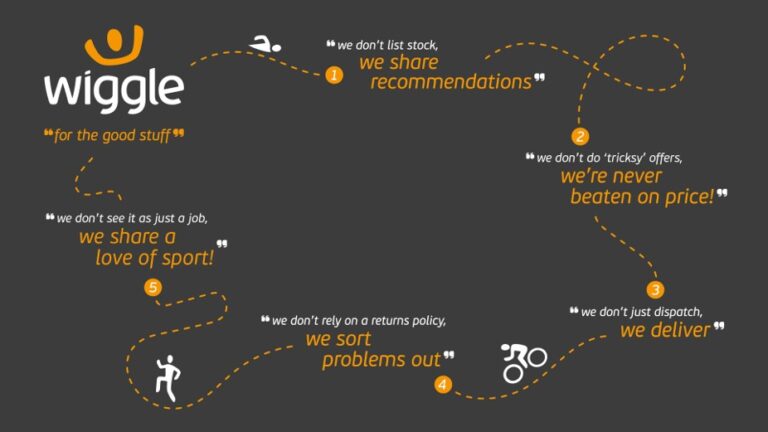
A key channel for attracting customers and making sales is digital Marketing. And a key question is how much to spend. Vital to Wiggle’s success was Dean & Stefan’s strategy to ‘spend to the marginal £’.
The approach Dean took was simple and ruthlessly effective:
- Payback on every purchase (i.e. no life-time value models)
- Bid on the basis of gross contribution (ie sales less cost of good less distribution)
- Bid to the marginal pound (i.e. until the marginal contribution of the marginal sales the same as the next incremental bid.)
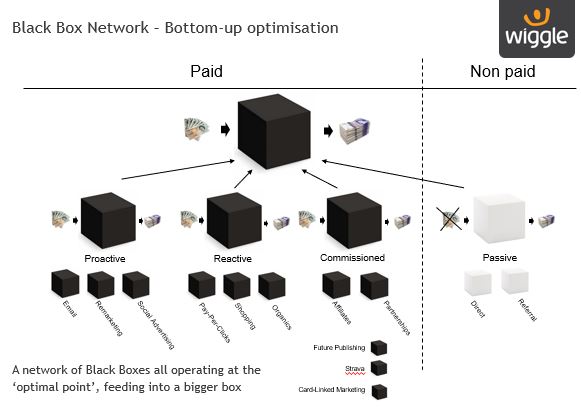
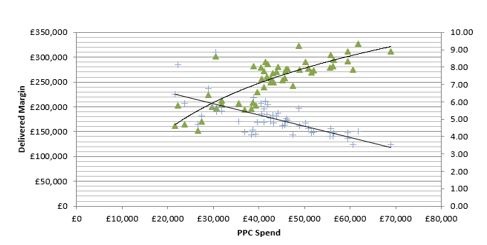
With Wiggle’s consumer offer enhanced, the company still had to lower costs.
- Firstly, the physical distribution capabilities were consolidated and relocated to Wolverhampton (Midlands), the input costs in the UK (rent, capital and labour), which is near some of the lowest international plane transport costs; which all Wiggle international despatches went by.
- The business was then redesigned from first principles around a few core processes. Data flows were then mapped and data bases designed and lastly an Oracle ERP was installed.
- Anything that was repetitive was automated and colleagues did tasks that required thinking and ad-hoc decisions.
- The aim of this was to lower Wiggle’s cost base to enable the business to be in a position to make acquisitions!
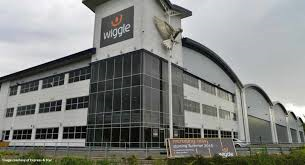
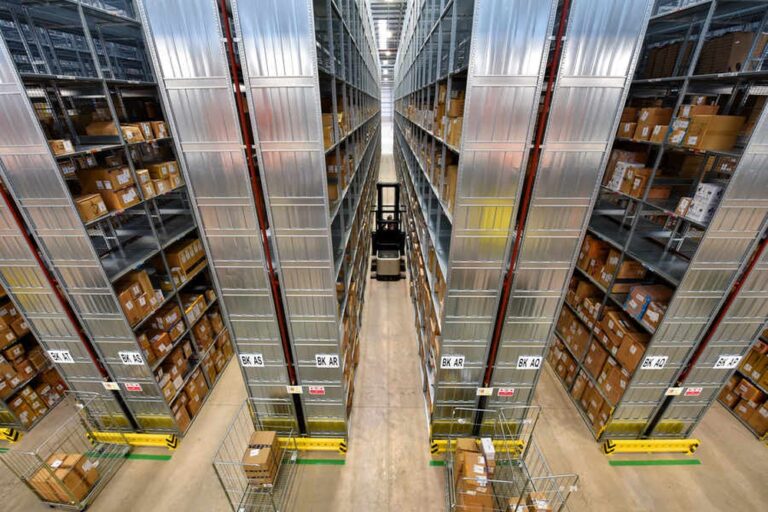
In 2015, Andy Bond’s other interests became full time and he stepped down as Chairman. Brian McBride, former CEO of Amazon UK and Chair on the online clothing retailer ASOS and the SID for AO (formerly Appliances Online) took over.
When Wiggle was sold for £180M in Dec 2011, the Chain Reaction Cycles (CRC) owners, the Watson family, was apocryphally offered £200m but rejected it. However the Irish Sunday Times valued the family’s wealth at that number. In 2016, the family, out-competed by the Wiggle strategy, sold to Wiggle for just £65m.
- Since 2013, CRC had suffered under Wiggle’s strategy (losing share) and top line sales had fallen, also reducing profitability.
- It also had to respond to Wiggle’s supply chain and infrastructure investment if it wanted to keep pace in its customer offer.
- In 2015, the Watson family decided to sell to Wiggle, though it wasn’t officially completed until Feb 2016.
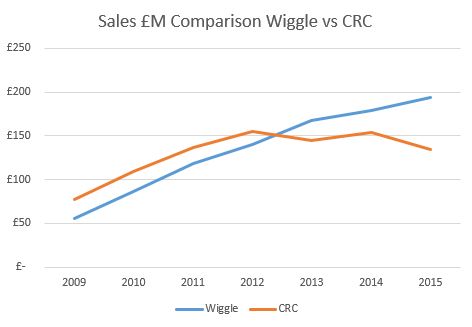
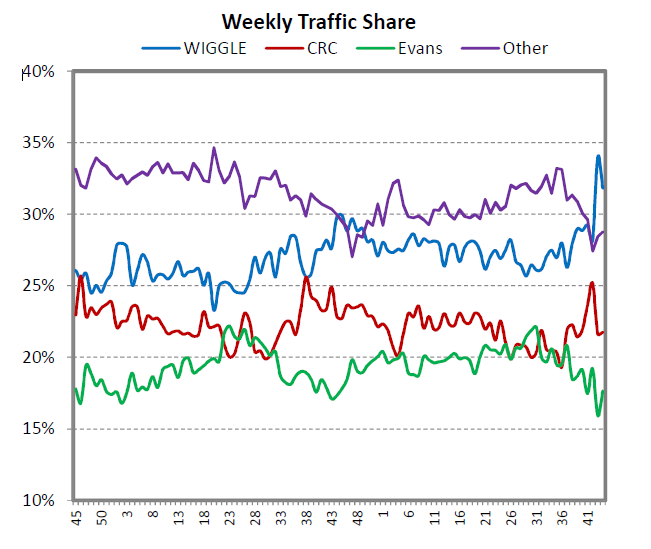
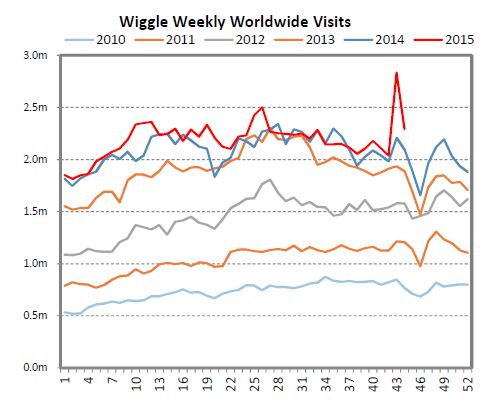
In Jan 2016, after 8 ½ exciting years at Wiggle, Dean Maskell left for new horizons, for him £10M to £200M, was one hell of a ride!

